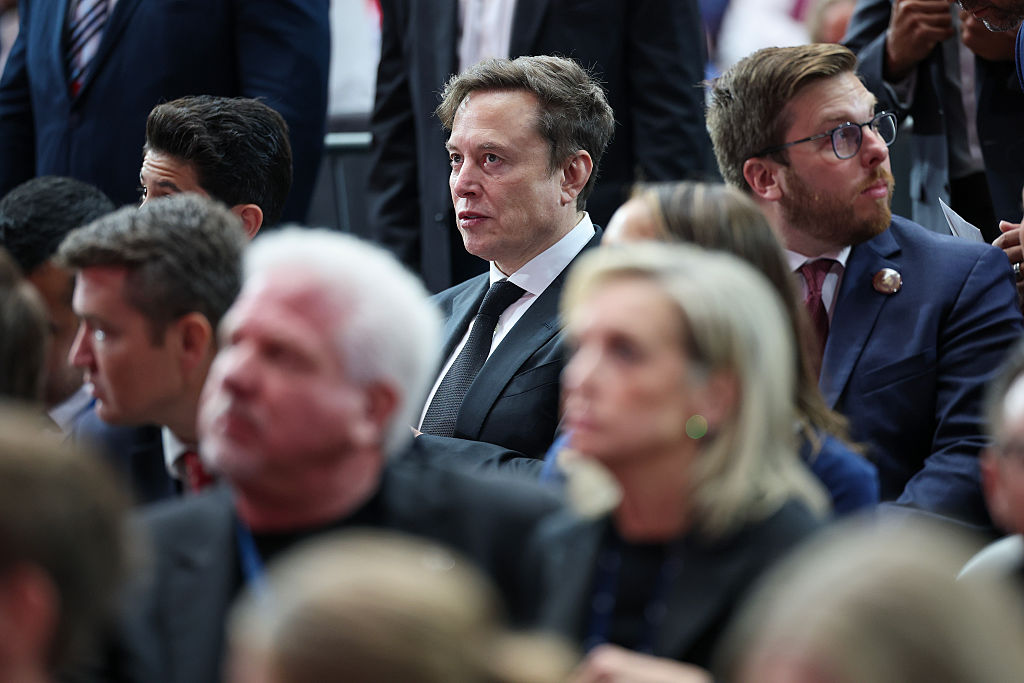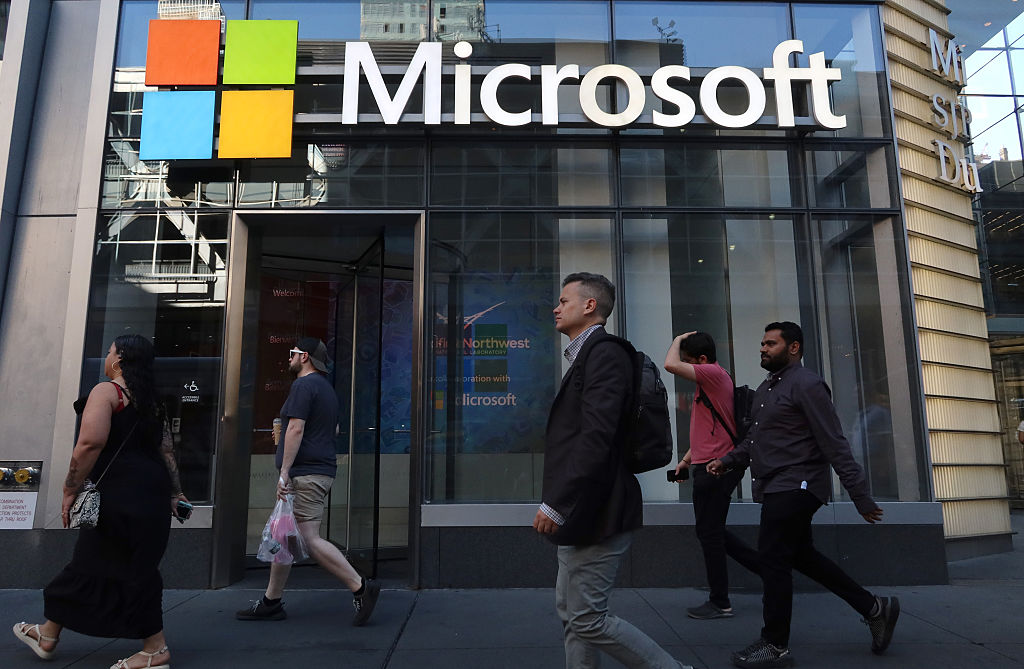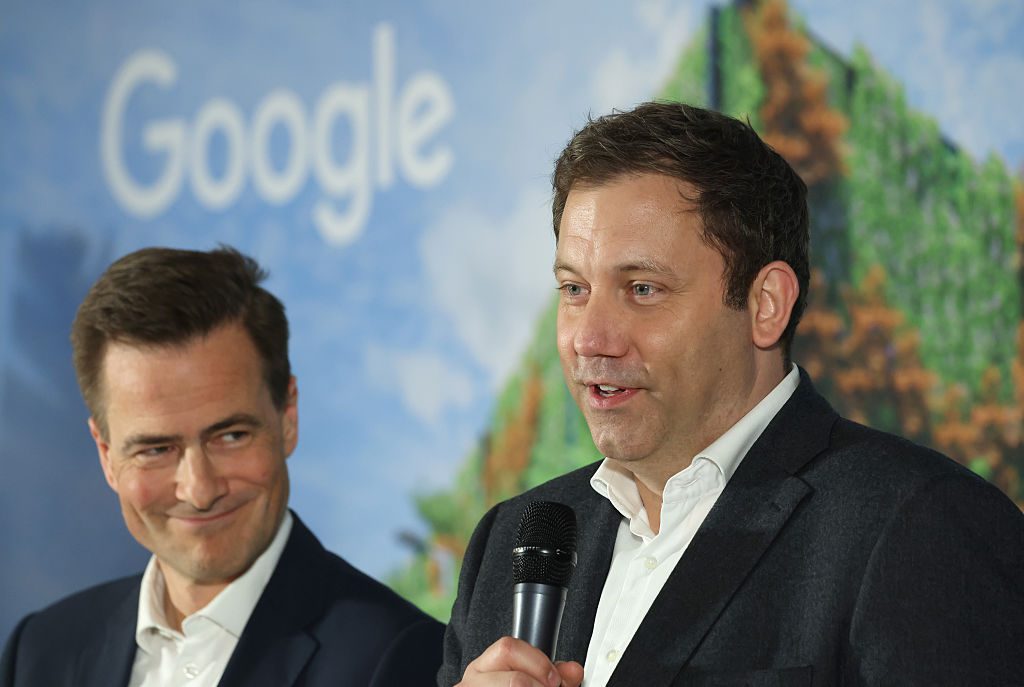Ireland’s media regulator said it was investigating Elon Musk’s social network X on suspicion of violating European Union rules by failing to let users appeal its moderation decisions.
“Concerns exist that X is not giving people the opportunity to appeal content moderation decisions and that X’s internal complaint-handling systems are not easy to access and user-friendly, as required by law,” the Media Commission said yesterday, according to AFP.
The probe, the first opened by the regulator in its role supervising the compliance of platforms established in Ireland with the EU’s Digital Services Act (DSA), will assess X’s compliance with parts of the law, Reuters reported.
Many large tech multinationals have their European headquarters in Ireland. If a provider is found in violation of the DSA, the Irish regulator can fine it up to six per cent of its annual turnover.
The DSA designates X a “very large online platform” and therefore subject to enhanced controls.

Brussels had already opened an investigation into X at the end of 2023, with a particular focus on misinformation, according to AFP.
But national regulators in the countries where a company’s European headquarters are located oversee compliance with some articles of the DSA.
“This investigation will assess if X has properly informed users of their rights to contest decisions it makes,” said the Irish regulator’s digital services commissioner, John Evans.
“We will not hesitate to intervene and where appropriate take enforcement action to protect the safety of users in Ireland and across the European Union.”
The inquiry arose from concerns held by the regulator’s supervision team, as well as information provided by a non-governmental organisation, HateAid, and a user complaint, the regulator said in a statement, Reuters reported.
“Today, we are taking an important step in ensuring a safer online experience for users across the European Union,” Evans said.
“If we suspect that any platform is failing in these obligations, we will not hesitate to intervene.”
The EU has cracked down on Big Tech using the DSA, which requires large platforms such as social media sites and search engines to have robust measures in place to mitigate the spread of illegal and harmful content.
The move by Ireland’s regulator came the day after Microsoft said it intends to invest $10 billion (€8.6 billion) from early next year in a mega data centre in Portugal dedicated to developing artificial intelligence (AI) infrastructure, AFP reported.

The project, in partnership with British firm Nscale, which specialises in AI data centres, and with Start Campus, which has begun construction of a major data centre near the southern port of Sines, will see Microsoft install 12,600 of Nvidia’s latest-generation chips.
The company in a statement termed the scheme “one of the largest investments in AI computing capacity in Europe”.
On the same day, Google Germany head Philipp Justus and German finance minister Lars Klingbeil unveiled the company’s biggest-ever investment in the EU country.
The US tech giant pledged €5.5 billion for a new data centre and other projects, as Europe seeks to catch up in the AI race.

The cash injections are a boost for Germany, whose economy is struggling, as well as Europe as it seeks to catch up with AI leaders the US and China.
“We are driving growth in Germany,” Chancellor Friedrich Merz said as Google announced the investments, which are to be made by 2029.
“Our country is and will remain one of the most attractive places for investment in the world,” he said.
Google’s plans include a new data centre and expansion of an existing centre in the western State of Hesse, providing computing power for AI developments, the BBC reported.
It also said it plans to expand its offices in Berlin, Frankfurt and Munich and outlined various projects aimed at reducing its greenhouse gas emissions.
That announcement came after AI chip juggernaut Nvidia and Deutsche Telekom revealed a few days earlier plans for a high-tech hub in Germany aimed at helping industry speed up adoption of AI.





